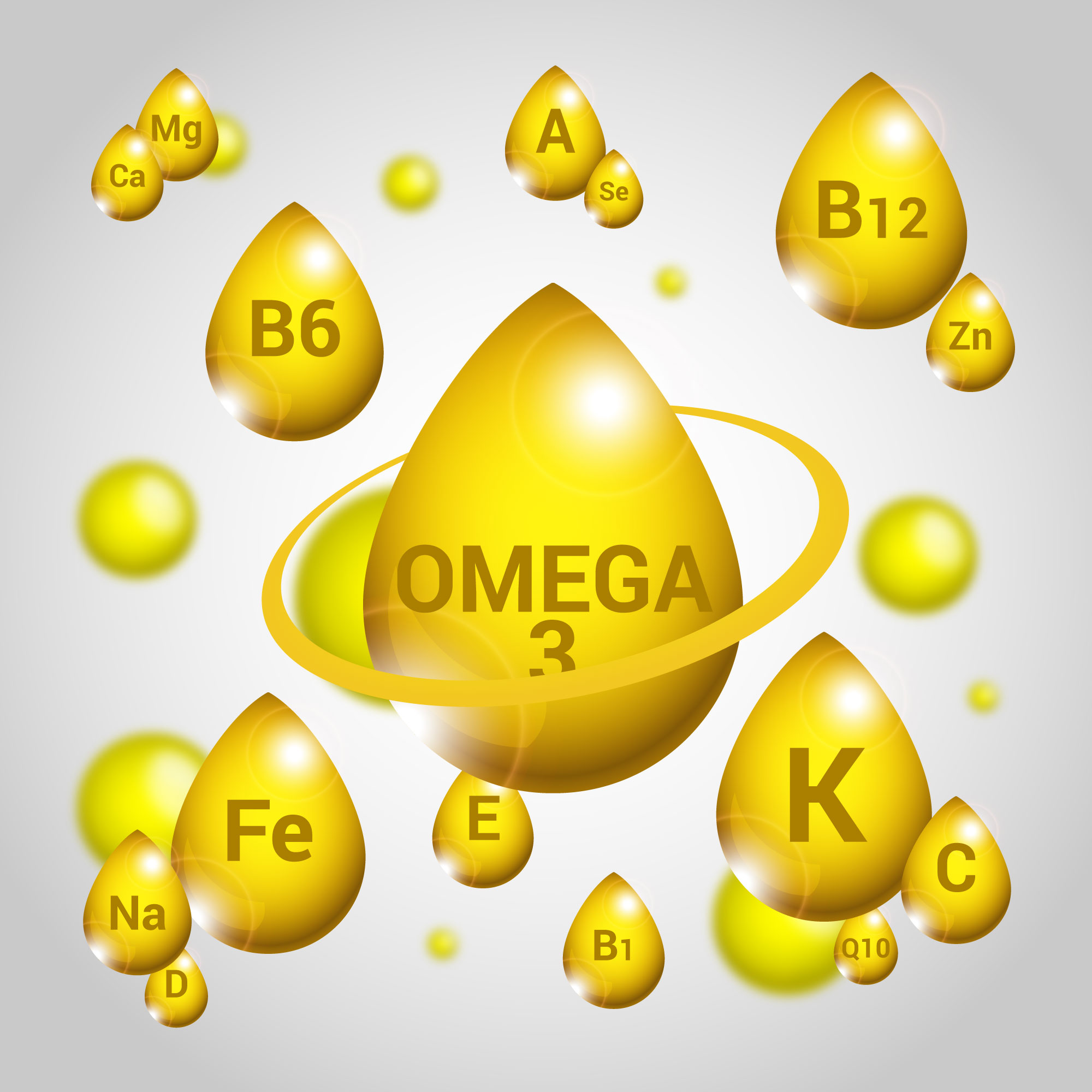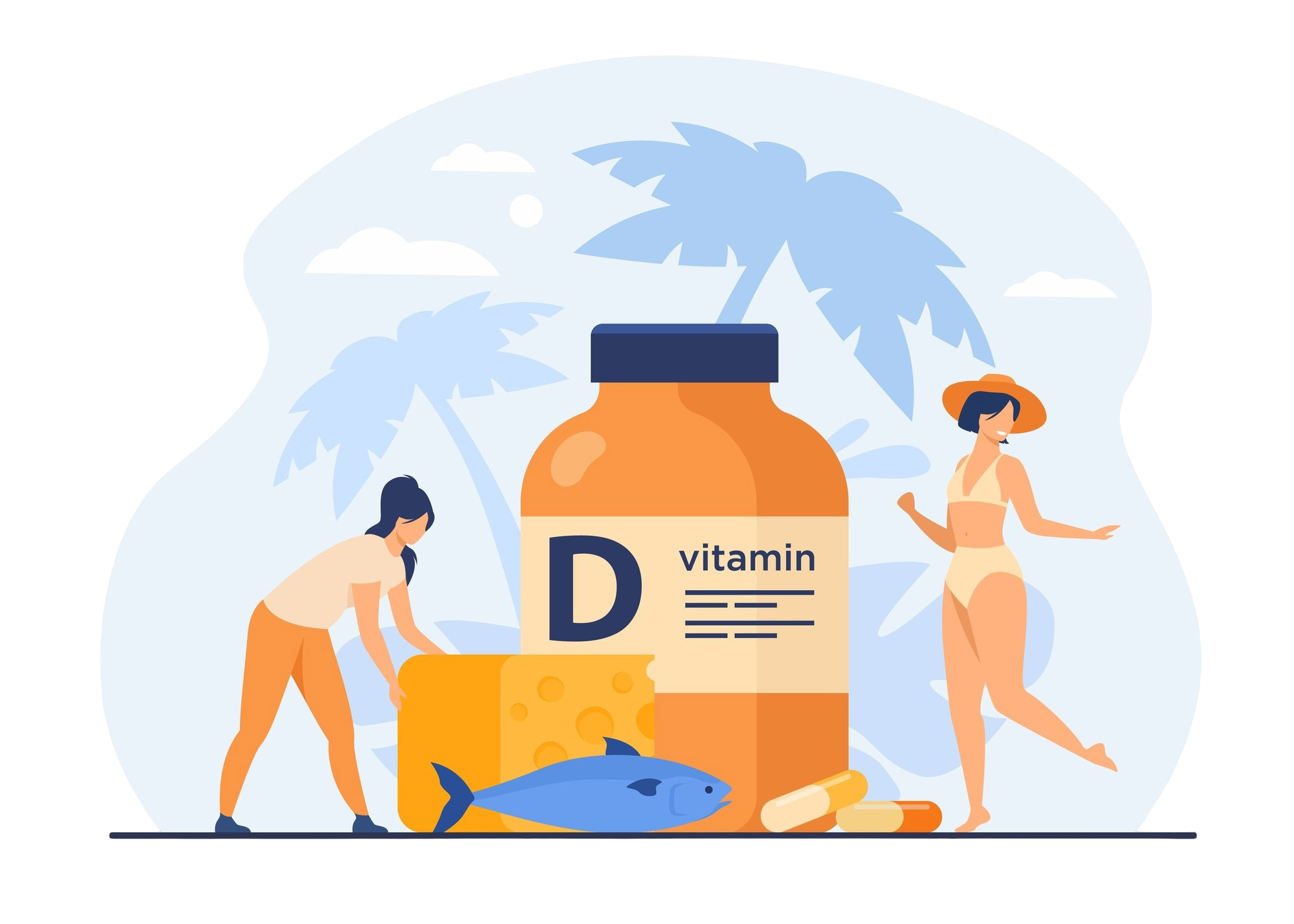
Vitamin D, often called the “sunshine vitamin,” is essential for maintaining healthy bones, teeth, and immune function. While it is crucial to get adequate amounts of vitamin D for overall health, too much of it can lead to a rare but serious condition known as vitamin D toxicity, or hypervitaminosis D. We spoke to Dr Geeta Shroff, Director, NuBella Centre for Women’s Health, New Delhi to understand about Vitamin D toxicity, causes, symptoms, and associated risks.
Dr Geeta said, “Vitamin D toxicity occurs when levels of the vitamin in the bloodstream become dangerously high, leading to a condition called hypercalcemia. Hypercalcemia refers to an elevated level of calcium in the blood, which can cause a range of symptoms and, if untreated, may damage the kidneys, bones, and heart.”
She highlighted that this condition is typically associated with excessive supplementation. Normal dietary intake and sun exposure are highly unlikely to cause toxicity, as the body regulates vitamin D production through the skin.

According to Dr Geeta, here are the individuals who are at risk:
Geeta said symptoms of vitamin D toxicity can vary based on the severity of hypercalcemia and how long it has been present. Common symptoms include:
Excess calcium in the blood can irritate the digestive system, leading to nausea and a reduced desire to eat.
High calcium levels can interfere with the kidneys’ ability to concentrate urine, causing excessive urination and subsequent dehydration.
Abnormal calcium levels can disrupt muscle function, leading to generalized weakness and exhaustion.

Neurological symptoms, including confusion, irritability, and even depression, may occur due to the effects of hypercalcemia on the nervous system.
Prolonged high calcium levels can cause kidney stones or damage, leading to symptoms like severe flank pain and blood in the urine.
Don't Miss: 6 Must-Have Vitamin D3 Foods To Add To Your Diet
According to Geeta, Vitamin D toxicity is diagnosed through blood tests that measure serum calcium levels and 25-hydroxyvitamin D levels (the active form of vitamin D). Additionally, doctors may also perform kidney function tests to assess potential damage.
According to Geeta, the primary goal of treatment is to lower calcium levels in the blood. This may involve:

Dr Geeta recommends a few measures to prevent Vitamin D toxicity:
Don't Miss: Winter Health Hacks: What The Experts Say About Staying Fit And Well
While vitamin D is essential for health, it’s important to remember that moderation is key. Excessive intake can have harmful effects, especially if taken without proper medical guidance.
Image Courtesy: Freepik
Our aim is to provide accurate, safe and expert verified information through our articles and social media handles. The remedies, advice and tips mentioned here are for general information only. Please consult your expert before trying any kind of health, beauty, life hacks or astrology related tips. For any feedback or complaint, contact us at [email protected].